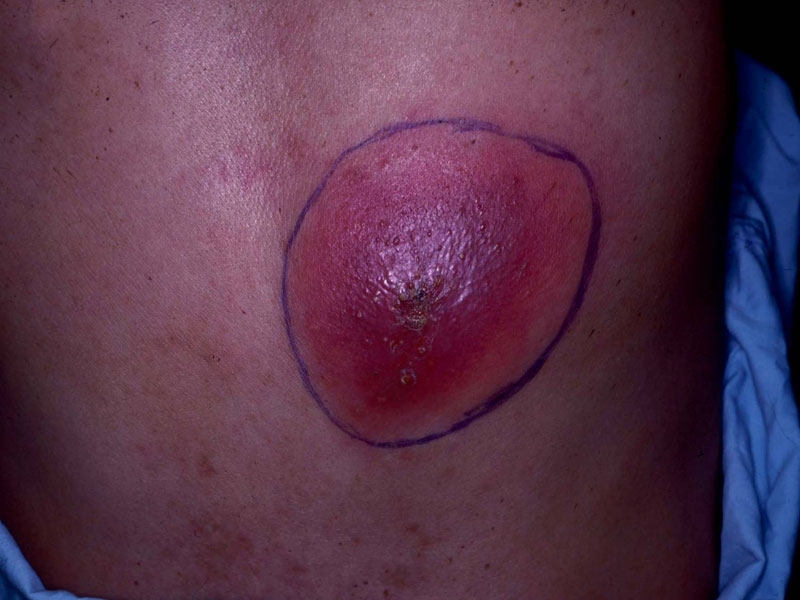- Community
-
Programs
- Schools
-
Careers
- RN Specialties
- Best RN Jobs and Salaries
- Aesthetic Nurse
- Nursing Informatics
- Nurse Case Manager
- NICU Nurse
- Forensic Nurse
- Labor and Delivery Nurse
- Psychiatric Nurse
- Pediatric Nurse
- Travel Nurse
- Telemetry Nurse
- Dermatology Nurse
- Nurse Practitioner
- Best NP Jobs and Salaries
- Family NP (FNP)
- Pediatric NP
- Neonatal NP
- Oncology NP
- Acute Care NP
- Aesthetic NP
- Women's Health NP
- Adult-Gerontology NP
- Orthopedic NP
- Emergency NP
- Psychiatric-Mental Health NP (PMHNP)
- APRN
- Nurse Educator
- Nurse Administrator
- Certified Nurse Midwife (CNM)
- Clinical Nurse Specialist (CNS)
- Certified Registered Nurse Anesthetist (CRNA)
- Resources
- Education


PG2018
1,413 Posts
I think we all understand administrators having no awareness or insight into niche fields under their purview. Look at who's sitting in the White House as an example.
Despite validating Susie, I do not perceive she had the perspicacity to view a "nurse manager" as anything other than a supreme authority to a NP given her repeat BON citations. As you corroborate, you needed the counsel of qualified persons to enact policy.
All here know the foolishness that would transpire if a lay COO were compelled to dictate the actions of employed clinicians and understand a reasonable administrator would defer clinical judgment to a clinician or panel of supervisory of advisory clinicians none of which a unit manager will typically have access to.
I also believe the NPs here understand the difference between employed clinicians and credentialed clinicians as well gaining corresponding privileges.
On a side note, I'd love to bend your ear about administration sometime.